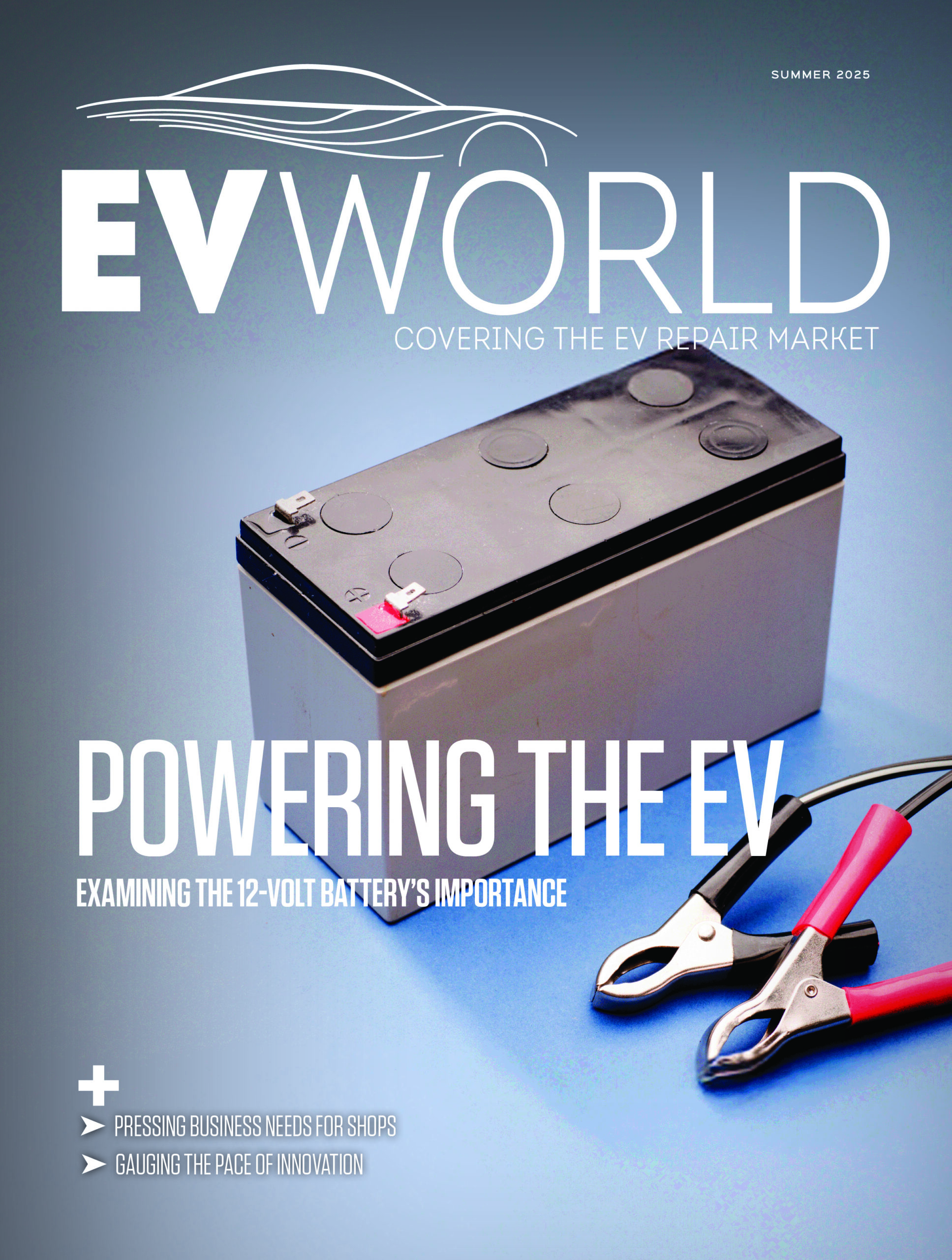
Ontario’s small auto businesses are hitting the brakes on growth as the U.S.-Canada trade conflict drags on — and the cost could top $2.9 billion in lost investment over the next year.
That’s the warning from a new report by the Canadian Federation of Independent Business (CFIB), which found that nearly half (49 per cent) of Ontario’s automotive businesses have paused or cancelled planned investments due to trade uncertainty.
The report also found that 65 per cent of businesses in the sector have been directly impacted by U.S. tariffs, with the average business seeing a 13 per cent drop in sales.
“Uncertainty, market volatility, and increased costs are forcing auto business owners to make difficult decisions to keep their doors open,” said Joseph Falzata, CFIB policy analyst for Ontario and co-author of the report. “The desire to grow is there, but with such massive revenue losses, businesses are more focused on keeping their doors open than expanding their operations.”
The report casts doubt on the effectiveness of provincial support programs. Despite a combined $85 million in funding through the Ontario Automotive Modernization Program (O-AMP) and the Ontario Vehicle Innovation Network (OVIN), only 1 to 2 per cent of small auto businesses are expected to benefit. The newly launched $50 million Ontario Together Trade Fund (OTTF) is expected to reach just 1 per cent.
“While these programs were created with good intentions, the reality is that many small business owners have never heard of them and are not eligible,” said Falzata. “The Ontario government needs to focus their efforts not just on the major auto manufacturers, but also on the many small businesses that feed into the province’s auto eco-system.”
CFIB is calling on the province to improve access to these programs or redirect some of the funding to reduce Ontario’s Small Business Tax Rate and raise the threshold for eligibility.
At the federal level, the report recommends returning revenue collected through Canadian counter-tariffs to affected small businesses and providing clearer guidance on product origin rules under the Canada-United States-Mexico Agreement (CUSMA).
Image credit: Depositphotos.com













Leave a Reply